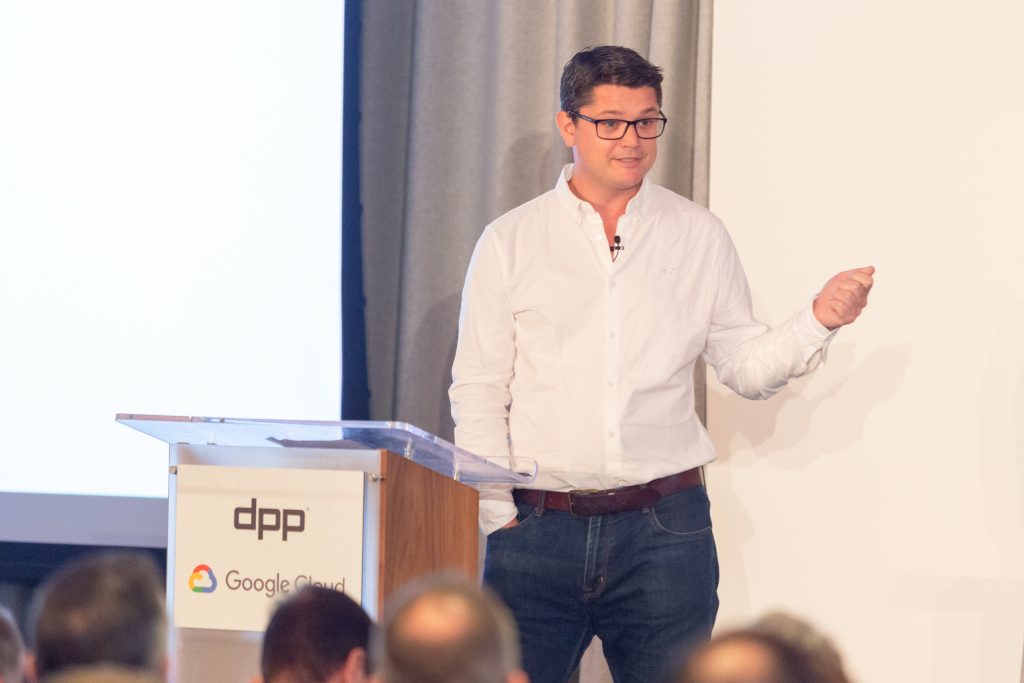One of our most passionate, enjoyable, and fun podcasts to date was with former EVP Human Resources, SES Networks, Dara McCann with her deep expertise in diversity and people.
John Clifton and Laurie Scott sat down with Dara and really learned some fantastic insights into her unique perspective on fostering an engaged and hard-working team while we’re increasingly virtual. Her advice on ‘permission to have downtime’ was especially resonated with us that we’ve shared it below:
“I think people must have permission to have downtime.”
And I think people are concerned about their jobs in this environment, they are very keen to be seen to be doing all the right things and seen to be working hard.
When people were going into an office, it was easy for a line manager to know, who’s doing hard work. It was superficially easy for people to see who was working hard and who wasn’t, who was in on time, and who was late. It was easier to have that little interaction that you could check “How are you getting on?”.
Nowadays, people are relying on email and video to communicate. This leads some feeling like they have an obligation to be always ready for their camera.
So, I think, in today’s world employers need to be a little bit more accepting of the fact that people are trying their best. People may be trying to school their children or trying to take care of people.
As employers it’s important to give people permission to take a break, which is one way that we can improve their mental and physical health.
But there can’t be a lip service where you simply say “Oh, of course, take the afternoon off” or “of course, go for a walk” and then secretly in your mind think: “I wonder if they’re actually doing any work?” when they’re back working.
The challenge of today’s business environment is to be flexible and agile. Ensure you are connecting with your employees one on one, asking how they’re doing as it slows down a bit, but don’t forget that everything will get faster again soon enough. But it’s really that permission to take time out of the screen and really sort of recharge.
And I think you need to look at Maslow’s hierarchy of needs and that a person’s psychological safety is just as important to them as their physical well-being.
If an employee does not feel they can take time off without asking for permission, then there is a lack in the trust of that company, and it will most likely suffer from this deficiency.
And so, you’ll find people with a lack of trust or demanding jobs often find themselves feeling guilty for taking time off. They know their boss or line manager wants that report or deadline and they don’t want to disappoint them, so it’s important that these relationships are built on trust as well.
Leadership, people and dviersity are important topics that we cover on nearly every episode of our Podcast. So don’t hesitate to go through our podcast archives and listen to some of our fantastic conversations with business leaders and experts.




